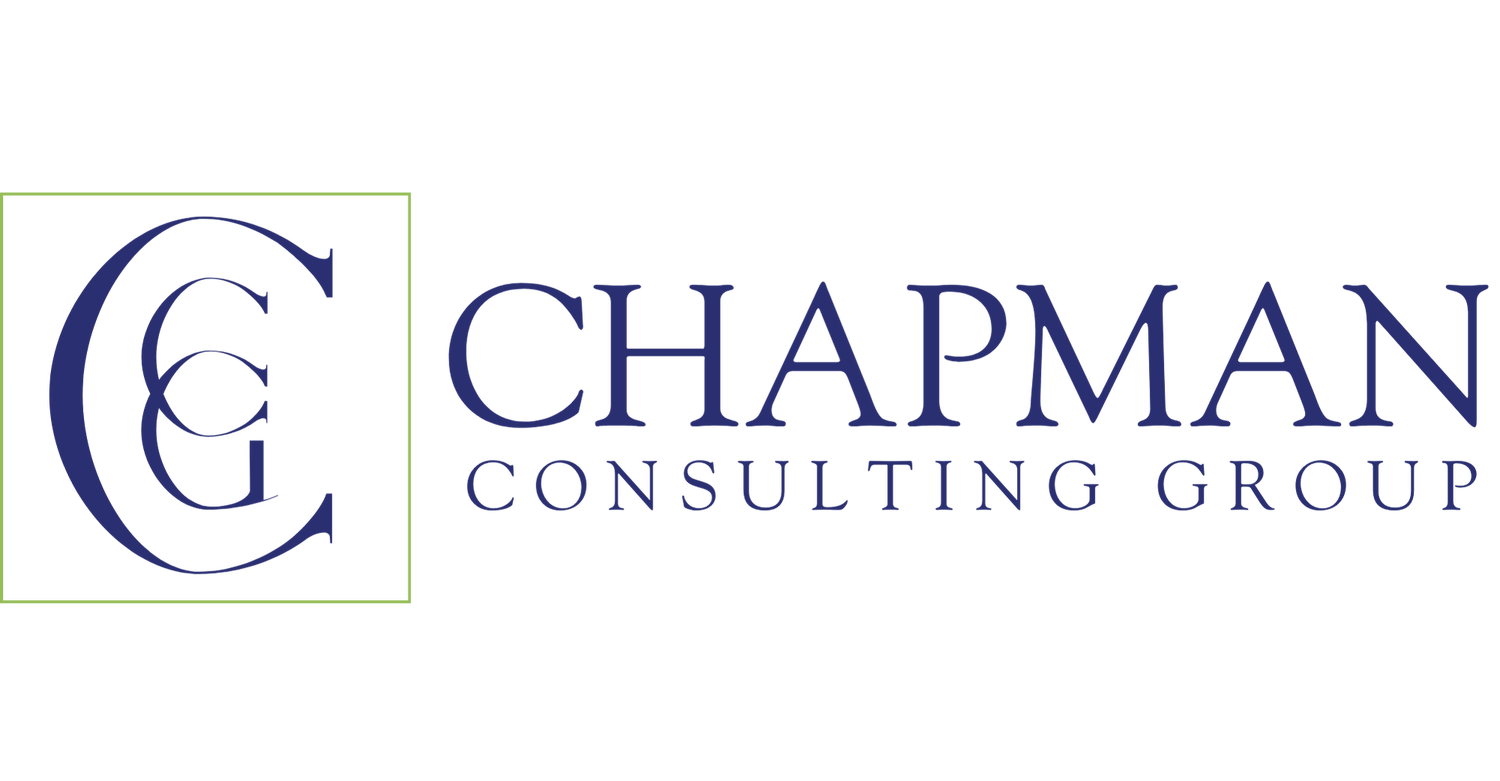Your practice formation partners
According to the U.S. Department of Health & Human Services, in 2021 alone, over $3.1 billion in improperly paid funds were recouped through the Medicare Fee-for-Service Recovery Audit Program. Similarly, the Office of Inspector General (OIG) reported that civil actions were brought against over 800 healthcare providers in the same timeframe, primarily for claims of fraud and non-compliance.
Such staggering statistics underscore the potentially devastating repercussions of overpayments and non-compliant practices, both in a financial and reputational context.
Herein lies the pivotal role of compliance consultants like CCG Healthcare: safeguarding practices by navigating through the multifaceted quagmire of healthcare compliance, offering a buffer against the escalating threat of regulatory pitfalls, and ensuring the fiscal and operational integrity of your medical practice amidst an environment that is unrelentingly scrutinizing and litigious.
Don’t Become a Statistic
800 annual OIG actions against healthcare providers
$3.1 Billion in improperly paid funds
1 in 3 physicians have been sued by the age of 55
Free Practice Review
Schedule a free call with our experienced healthcare compliance investigators to discuss your practice, its needs, and how we can give you peace of mind in this highly regulated space.
Our Experienced Compliance Officers Will Call You Immediately.
Navigating through the myriad steps of starting a medical practice requires diligent planning, adherence to both federal and state regulations, and a strategic approach to business development. Let’s delve into a step-by-step guide and understand how each phase is pivotal to the inception and progression of your practice, and how a dedicated compliance firm like CCG Healthcare can streamline this journey.
1. Craft a Business Plan
A meticulous business plan is your roadmap to success. Define your mission, vision, and establish clear objectives. Identify your target demographic, decide on the type of services you'll provide, and conduct a competitive analysis. Ensure your plan includes budgeting, forecasting, and operational planning.
2. Secure Funding
Your business plan will be instrumental in acquiring funding. Evaluate your startup costs, including equipment, staffing, and operational expenses. Explore various funding options like business loans, investor funding, or self-financing, and ensure that you have a robust financial plan to manage your resources effectively.
3. Legal Consultation
Embark on your healthcare journey with due diligence by consulting a business attorney. An attorney can assist with legal formalities, contracts, and ensuring your practice is compliant with healthcare laws. This stage is also crucial for establishing a sound partnership with a healthcare compliance firm like CCG Healthcare, mitigating risks related to non-compliance.
4. Licensing and Credentialing
Compliance begins with obtaining the necessary licenses and credentials. Enroll in Medicare by submitting Form CMS-855 and procure your National Provider Identifier (NPI). Credentialing with private insurers is equally vital to ensure you can cater to a wide patient base. CCG Healthcare can facilitate a seamless credentialing process, ensuring all regulatory benchmarks are met efficiently.
5. Site Selection
Choose a location that aligns with your target demographic and is accessible to your patient base. Ensure that the site complies with the Americans with Disabilities Act and consider factors like visibility, parking, and proximity to other healthcare providers.
6. Insurance Registration
Securing your practice through appropriate insurance is paramount. Evaluate different policies, and ensure you have malpractice, property, and liability insurance in place. Additionally, register with insurance companies to facilitate patient billing and reimbursement.
7. Acquire Equipment
Invest in high-quality medical and office equipment. Ensure that your practice is equipped with the necessary technology and tools to provide optimal patient care and maintain operational efficiency.
8. Staffing
Recruit skilled healthcare professionals and administrative staff. Implement a robust training program, focusing on quality patient care, and adherence to compliance protocols.
9. Develop a Marketing Strategy
Create a marketing plan that encompasses digital platforms, local media, and community engagement. Develop a user-friendly website, establish a presence on social media, and consider SEO strategies to enhance your online visibility.
10. Launch and Post-Launch Strategy
Upon launch, ensure that your operations, staff management, and patient care are aligned with your business plan. Continually assess and adjust your strategies in response to feedback and evolving industry trends.
Why Compliance Firms like CCG Healthcare are Integral
Non-compliance can result in penalties, tarnished reputation, and can even jeopardize your practice. Thus, establishing a robust relationship with a compliance firm is not merely a strategic move but a requisite.
CCG Healthcare ensures that your practice adheres to all relevant regulations from the get-go. From ensuring that your practice adheres to state and federal regulations, assisting in navigating through Medicare enrollment by guiding on procedures like signing an 855, obtaining an NPI, to ensuring credentialing with private insurers is seamless, a compliance firm safeguards your practice against potential legal and regulatory pitfalls.
Adopting an Electronic Medical Record (EMR) Platform
The selection of an EMR platform is pivotal for maintaining organized, accessible, and confidential patient records. Ensure that the platform is compliant with the Health Insurance Portability and Accountability Act (HIPAA) and that it enhances rather than hinders operational flow.
Conclusion
Launching your medical practice is an intricate blend of strategic planning, compliance adherence, and continuous assessment. It's a journey of marrying healthcare services with astute business practices. Ensuring that your foundation is solid, particularly in compliance, through partnerships with firms like CCG Healthcare, not only safeguards your practice against regulatory mishaps but also ensures that your practice is built on a robust, compliant, and patient-centric model.

